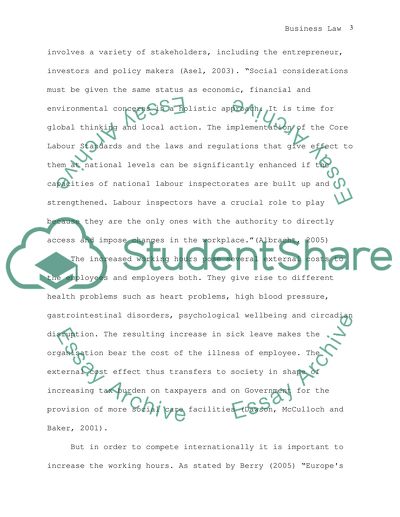Cite this document
(“Business Law - Ethical issues Essay Example | Topics and Well Written Essays - 2250 words”, n.d.)
Retrieved from https://studentshare.org/miscellaneous/1524263-business-law-ethical-issues
Retrieved from https://studentshare.org/miscellaneous/1524263-business-law-ethical-issues
(Business Law - Ethical Issues Essay Example | Topics and Well Written Essays - 2250 Words)
https://studentshare.org/miscellaneous/1524263-business-law-ethical-issues.
https://studentshare.org/miscellaneous/1524263-business-law-ethical-issues.
“Business Law - Ethical Issues Essay Example | Topics and Well Written Essays - 2250 Words”, n.d. https://studentshare.org/miscellaneous/1524263-business-law-ethical-issues.


